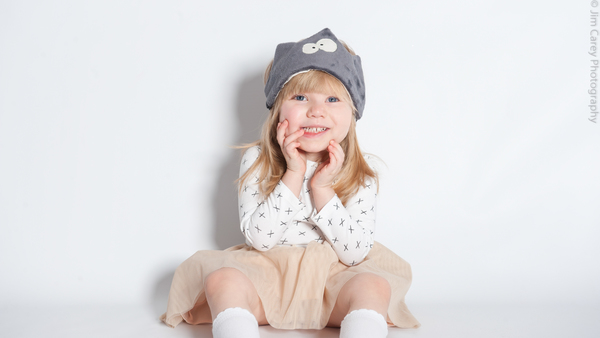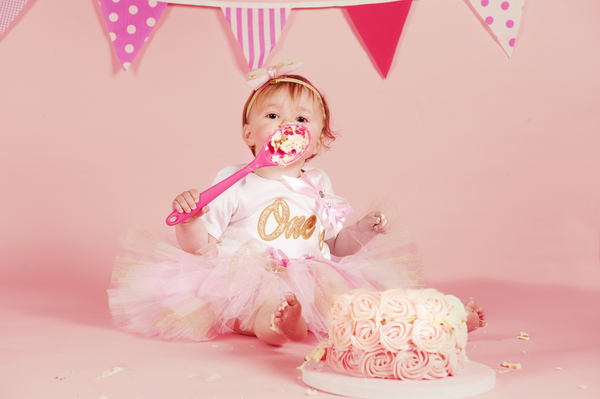 |
Copyright explained
how does copyright work when it comes to your family photography?
Copyright acknowledges the right of the photographer to be recognized as the author of his/her work.
I am stunned by how many of my friends, colleagues and clients do not understand copyright law. Especially when it comes to professional family photography. With the use of digital technology making photography so readily available, photographs can be shared across different spectra very easily. Through my experience I have found that perception of copyright law has become blurred, so I thought I would explain it.
Before I arrange a shoot, I plan it. I think about the colours, the props and anything else I would like to incorporate. I plan how I am going to pose my subjects and do necessary research. At the shoot itself, I look for the right light, the location and the background. Finally, I compose the image. I also decide what will be in and out of focus. Only then, do I capture the moment. This is before the creative process reaches post production. Once I download each image I retouch them, giving them the “look and feel” I would like to achieve. Each photographer has a unique style, a vision that they then translate into an image. This is what copyright protects.
What is copyright?
Copyright gives photographers control of how their images are used. Under the UK Copyright, Designs and Patents Act of 1988, copyright in any photograph automatically belongs to the photographer. Similar laws also apply in other countries.
If I pay for the shoot and buy digital files – surely I own the copyright?
No, you have more than likely been granted a license to use the images for personal use. You have paid for the photographer's time and the consumables. Copyright relates to the actual image, not the medium it is stored in. A photograph is protected no matter what form it comes in. By law, copyright automatically belongs to the photographer unless, in very exceptional circumstances, he/she agrees (in writing) to transfer copyright.
What is licensing?
Licensing allows photographers to retain the copyright, whilst giving their clients the freedom they need to use their photography in a range of contexts. A license specifies the precise circumstances under which a photograph can be used. For example in the UK for personal use.
Can I crop, alter or change an image?
No, The photographs are the representation of the photographe'rs work and can not be altered in any way as this may lower the standard of his/her work. The photographer is granting you license to use the images for personal use, as they are.
Can I make extra copies of the CD/DVD/USB?
Only if in doing so it doesn’t infringe the terms of your license agreement with the photographer. Copyright law, combined with effective licensing, allows photographers to retain their rights.
What if I don’t want pictures of my child online?
As a photographer, I am hugely disappointed when I can’t share my work online. My images promote my business and I love sharing what I do. However, I also respect that parents have a right to protect their children. There is no clear law stating that a photographer can’t share your images online. In my experience, most professional photographers will respect your request not to put photographs online. If you have a “no online photos of your child” policy, then it is important that you discuss this with your photographer prior to the shoot where possible. Most professional photographers should get you to sign a contract and license agreement where you can specify if you would not like the photographs to be displayed online. The photographer can use his/her discretion, so by bringing it up before the shoot, there is less likely to be an issue after the photographs have been taken.
 |
Why is copyright so important to photographers?
It allows us to get paid for our creativity and vision. Yes, photographers charge for their work, and rightly so. There is a lot that goes into taking good photographs. There is expensive equipment to buy which constantly evolves and requires updating. There is software to be paid for and business overheads to consider. That is before photographers take money home to their families. Copyright protects our work and in turn our livelihood.
For more information on UK copyright, you can find out more information on the gov.uk website.
Thank you.